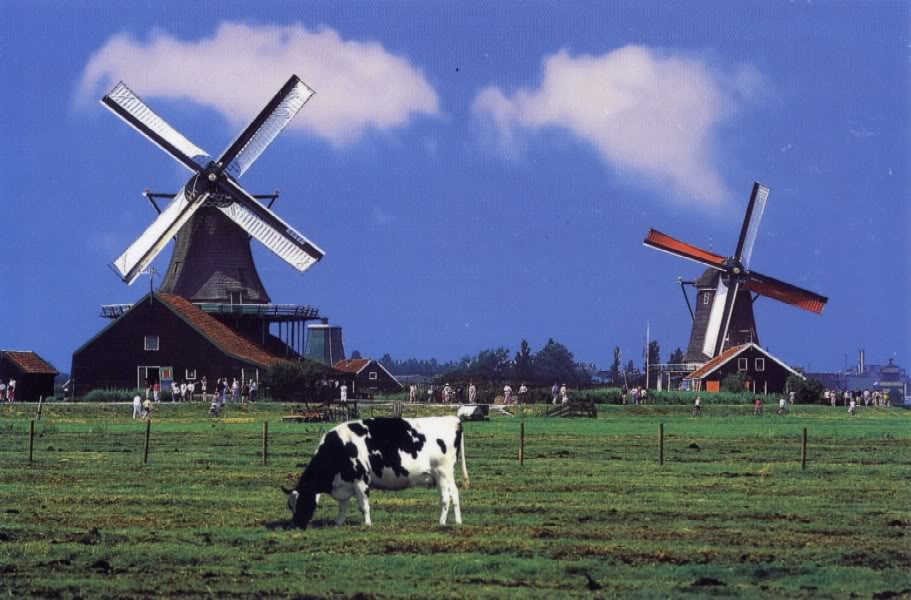
Close to 200,000 cows are to be culled over the coming months in the Netherlands in a desperate attempt by Dutch authorities to avoid losing their nitrates derogations.
A three-pronged approach has been proposed to the Dutch government to reduce phosphates from 2017. At present, the Dutch phosphate limit is 172.9 million kg, which has been exceeded for the past three years.
The Nitrates Directive has been in place since 1991. It aims to protect water quality from pollution by agricultural sources and to promote the use of good farming practice.
Numerous Dutch agricultural organisations have compiled the plan, with €50m available for support, which is set to be agreed next year. If implemented, it could see a significant reduction in Dutch cattle numbers (approx. 175k head, 11%) and, thus, milk production.
The plan would see a reduction in the dairy herd, with compensation, penalties for those producing more milk than a predetermined reference quantity and reducing the levels of phosphorus in compound animal feeds. The combined effect of this is expected to lead to a total reduction of 8.2m kg (2.5m, 4m and 1.7m kg, respectively, for each measure).
"Low phosphate concentrates that would reduce the phosphate load in the slurry were being suggested, so there's no doubt that this is a severe knock-back for the Dutch industry and the intense politicking in recent weeks between lobby groups for pigs and dairy is unlikely to end here," said Rabobank's dairy analyst, Kevin Bellamy.
